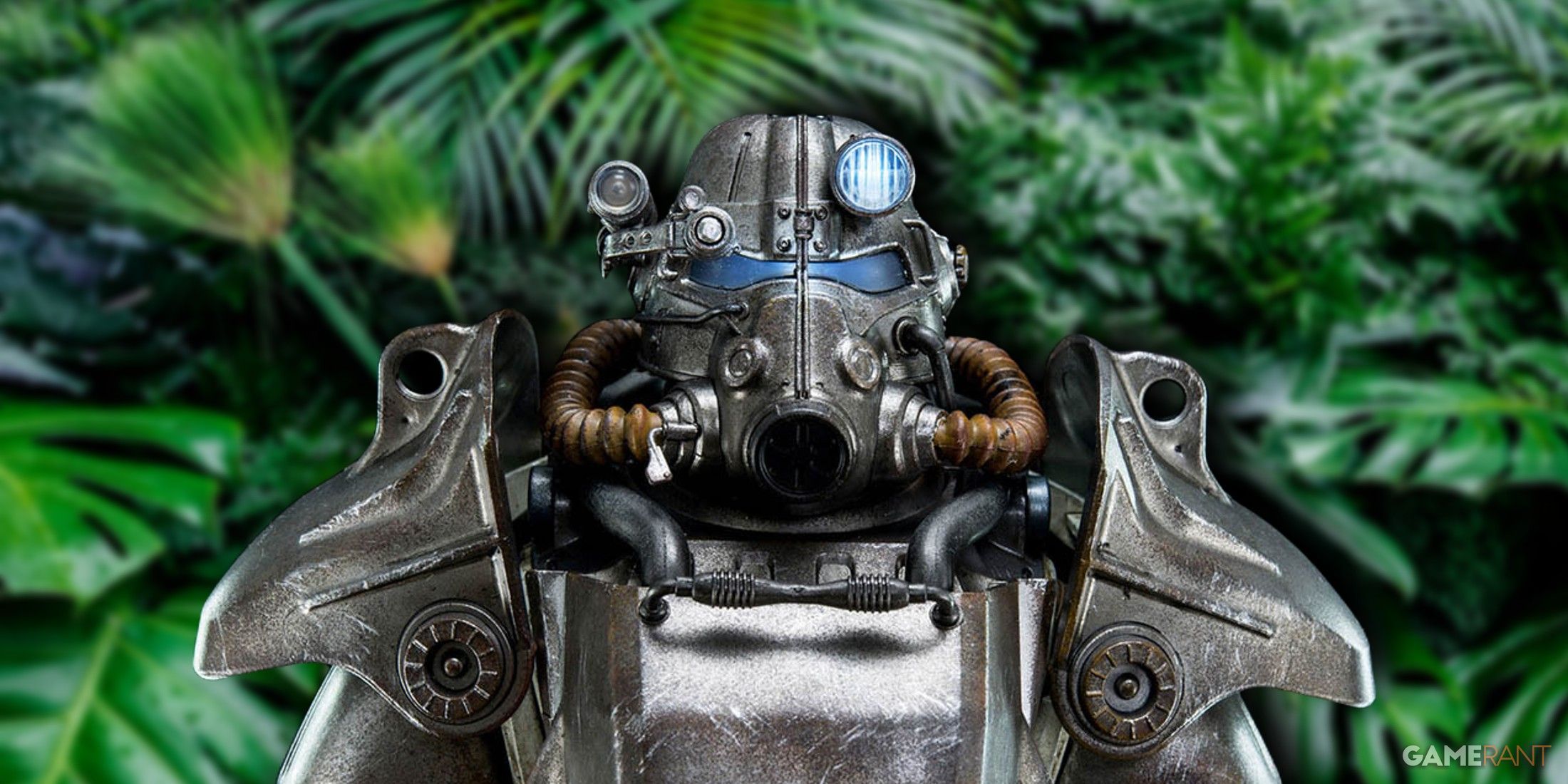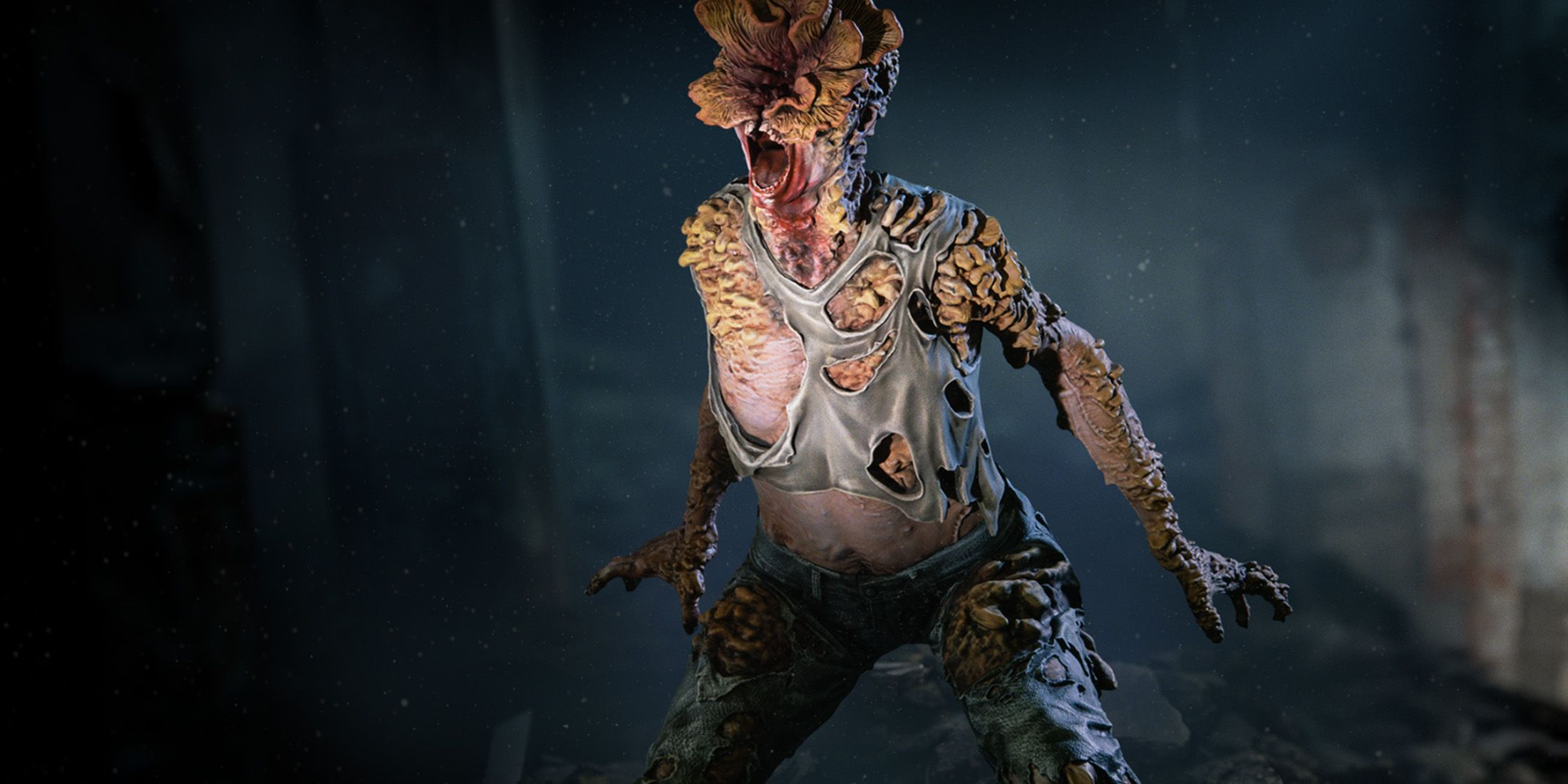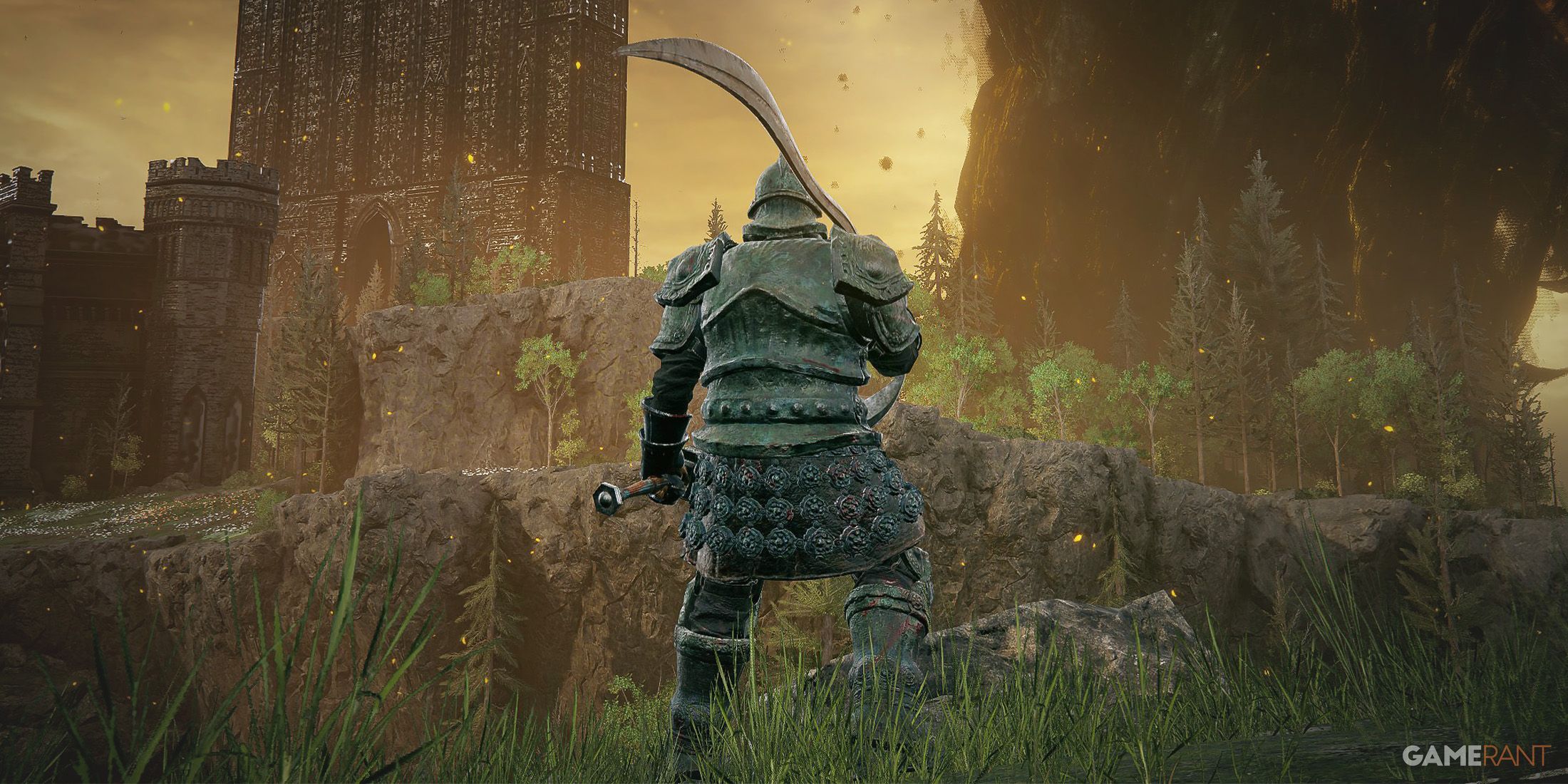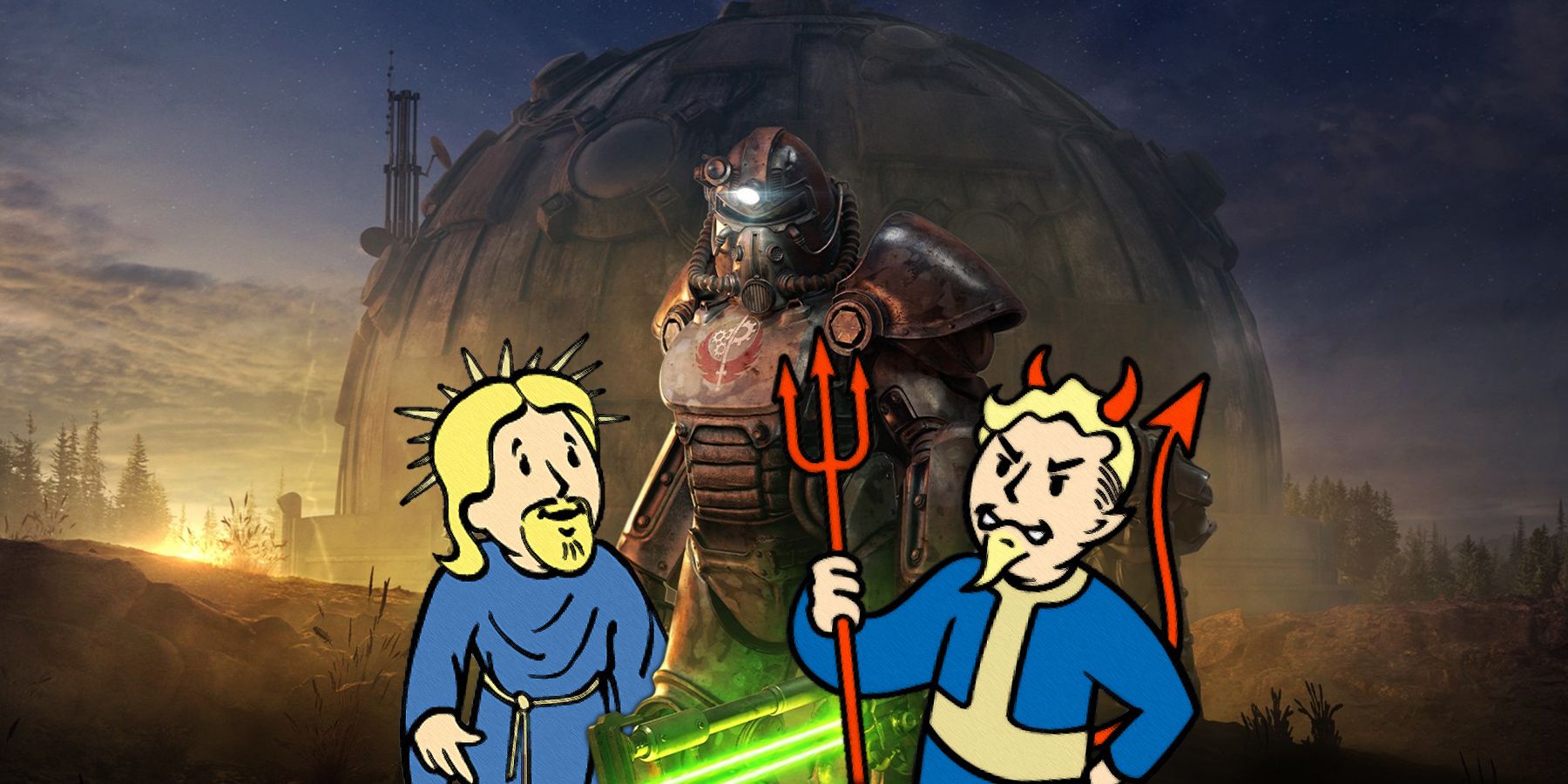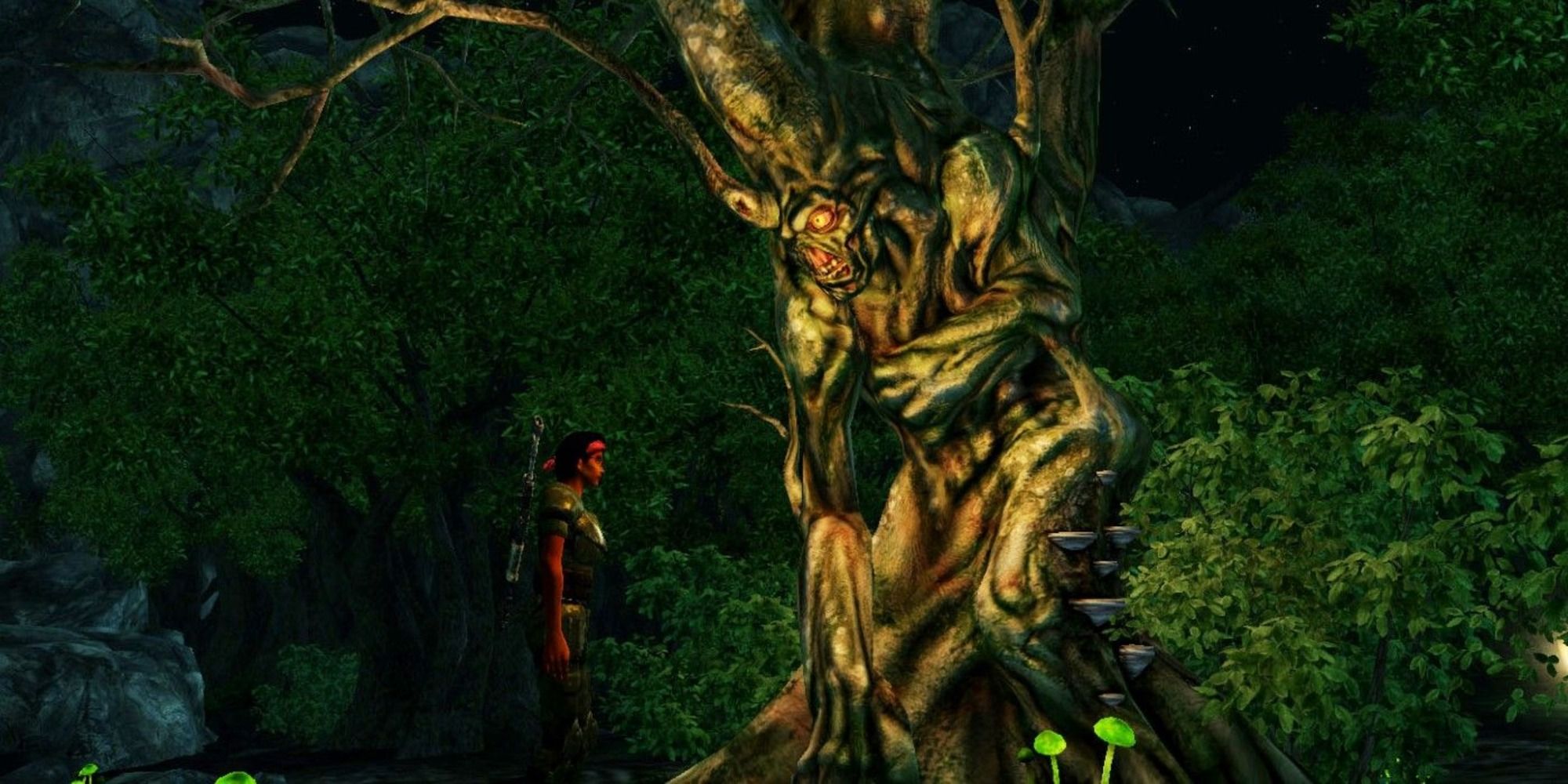Gamers are probably not getting Fallout 5 anytime soon, but that isn't stopping anyone from getting excited about all the directions this far-off sequel could go. Bethesda's post-apocalyptic Fallout franchise has explored varied themes and features throughout the years, all the way from live-service projects like Fallout 76 to the settlement mechanics of Fallout 4. Versatility is a major appeal of this RPG series, although some feel that Bethesda should eventually return to its roots by granting greater player agency.
Despite its tendency toward innovation, Fallout has preserved several classic elements - most notably, the SPECIAL ruleset. Attributes, as well as the perks within this system, still appear in one form or another through character creation and in-game progression. However, Karma once played an integral role by describing the player character's social standing too. As an extension of SPECIAL, many would argue the mechanic was both practical and iconic, and if Fallout 5 can take inspiration from Obsidian's New Vegas, it should deserve a second look.
The Potential of a New Karma System in Fallout 5
Fallout 4 was the first entry to forgo Karma in favor of a loose reputation system, rejecting the good-versus-evil binary as something that ran contrary to its morally gray factions. While this may have been a reasonable justification for its omission at the time, Fallout: New Vegas already solved this issue by balancing faction reputation alongside the existing Karma system. Perhaps more importantly, Obsidian Entertainment proved that generic alignments and fame could serve very different purposes. Fallout 5 may build its own model of morality from this example, adhering to the tradition of RPGs that support good and evil playthroughs.
Fans who played earlier Fallout games may remember the unique consequences of separate Karma levels. Dialogue options, companions, and relationships were all subject to these morality thresholds, and even Bethesda's Fallout 3 applied these mechanics in side quests that surpassed the main story. One example is the quest "Oasis" where a mutated human-tree named Harold asks the player to euthanize him, but if they go against his instructions and burn him, the game signals this as an unambiguously evil action by penalizing their Karma. Those moments can be incredibly memorable because whether the result is positive, negative, or neutral, it usually reflects very specific actions.
Karma was originally a clear-cut label, so Fallout 5 ought to use the system as a metric for personal judgment. Ideally, decision-making could be split between ethics and morals -- faction reputation fitting into the subjective scope of the former, Karma for the latter. This way, the morality system would symbolize the presence of a character in the game world, influencing emergent effects like random encounters and rewards. It also has the potential to be accentuated by SPECIAL attributes, with the RPG's Luck stat reinforcing more desirable outcomes for good and evil characters.
Moreover, it might even be wise to redefine the two extremes of Karma by equating evil with aggression and good with friendly behaviors. The Fallout timeline is full of complex power struggles, and morals are probably best portrayed as flexible yet impactful. Whereas reputation is a known quantity to NPCs, Karma is mostly an existential concept, but these combined systems don't have to be limiting and can incentivize consistency instead. Role-playing games should reward players for staying in character with believable results, and after less-than-favorable reactions toward Fallout 4's streamlined elements, Fallout 5 has a chance to really advance the genre once Bethesda's schedule is clear.
Fallout 5 has been confirmed.

